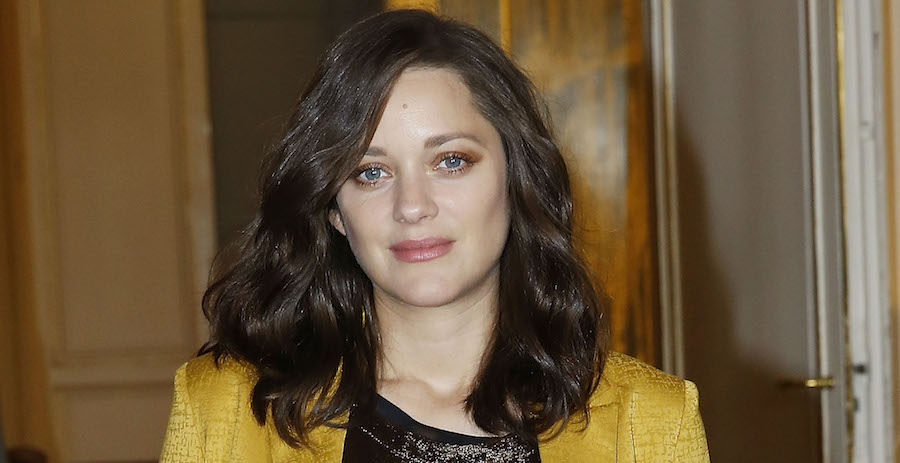With the new film “Macbeth,” Marion Cotillard wasn’t just worried about playing an iconic character. She was also a French actor speaking Shakespeare. But the Oscar-winner learned to find her own Lady Macbeth, opposite Michael Fassbender as the murderous Thane-turned-King. And she enjoyed it so much she’s already reunited with Fassbender and director Justin Kurzel for a much different film: The big movie version of the video game “Assassin’s Creed.”
How did you approach playing a character played by so many over the centuries? Then I thought, Justin is such an amazing director. His vision was very special, and it’s very different from the Orson Welles one or the Roman Polanski one. Therefore my interpretation would be different, too. I stopped thinking about myself and started thinking of the whole project. That way I would find my place in it without thinking of the other actresses who have interpreted Lady Macbeth so brilliantly before. RELATED:Michael Fassbender talks “Macbeth” and wanting you to forget you’re listening to Shakespeare Your Lady Macbeth seems a bit more vulnerable. It doesn’t excuse her actions, but it tries to understand them. Shakespeare is so inherently based in the English language but you grew up speaking French. Is it still difficult for you to do Shakespeare in English? RELATED:Review: The new “Macbeth” offers a bleak take on “The Scottish Play” This is a Shakespeare movie that doesn’t make the language primary. A lot of it is about watching them as they don’t speak. This is also about how brutal that period of time was for humanity. We like to think we’ve advanced over the centuries, but in other ways we haven’t much at all. Follow Matt Prigge on Twitter @mattprigge
When I started working on the role, I had this pressure that came from that fact that she’s so iconic. Many actresses have done it before, brilliantly. I was like, “What am I going to do to not be compared with Judi Dench, for example, who reached absolute perfection?” [Ed. She played the role in a 1978 version filmed for TV, opposite Ian McKellen.] As much as I loved her performance, I needed to get rid of her, because she was stuck in my brain. Pieces of her performance were so vivid in my memory that it was hard not to think about them.
What I thought was so beautiful is that he wanted to find the intimacy between the two characters. He wanted to find the humanity. When I saw his first film, “The Snowtown Murders,” I saw he could find humanity in any human being. I would want to work with him my whole life.
We studied Shakespeare, but it was in French. I started learning English in school, but with French teachers. I really started learning English because I love this language, and I wanted to be able to express myself in it. The first time I did an American movie was Tim Burton’s film [“Big Fish,” from 2003], and I struggled a lot on set. I wanted to be comfortable. I did a total immersion after that, in school. What really helped me improve my English was working on Michael Mann’s movie, “Public Enemies.” I had a dialect coach and we worked for six months. I tried to get rid of my French accent.
Well, yeah. It is a totally different accent, and there were words I’d never heard before. That was a lot of work. But I was happy to do it. I felt so fortunate to speak Shakespeare in English. For a French actor, it’s a gift.
That’s what happens in life: We’re not talking all the time. You observe people. Sometimes you can learn a lot about someone by observing them they’re not talking. It’s very interesting to watch the silence of a person, to watch the way they watch the world or other people. You learn a lot from that.
We’re less connected to the earth, and we’ve created the illusion that money, power and owning things will lead us to happiness. It’s obviously not the case. The movie tells us if you don’t face your fears and pain, if you try to cover this with violence or the illusion of power, it will lead you to madness. That’s the same today. We’re in a mad world where we cover our pain and fear by buying a new TV or buying a new dress, buying a new cell phone. It’s just an illusion. It doesn’t lead us to happiness.
Did Marion Cotillard just humanize Lady MacBeth?

Getty Images


















